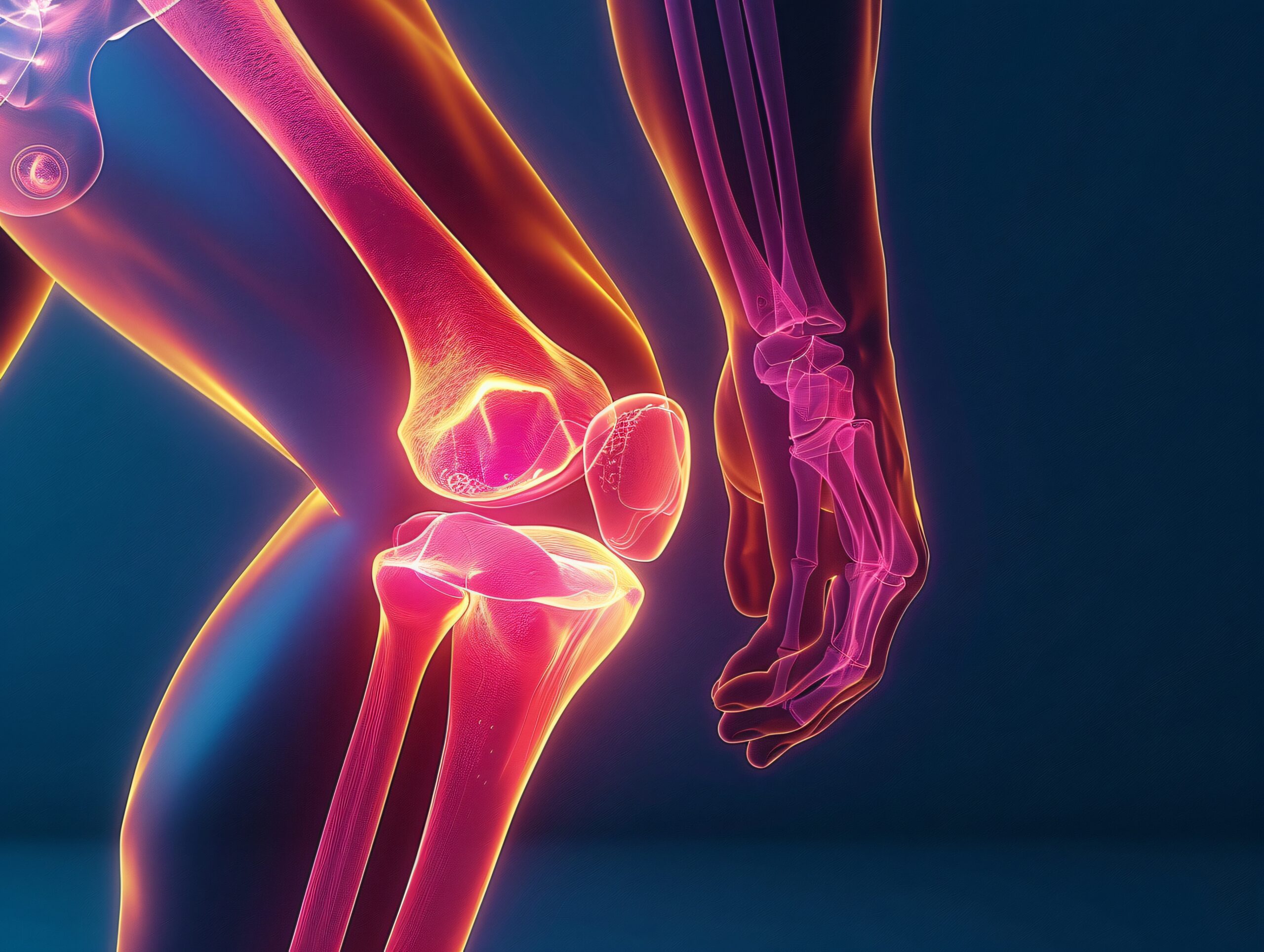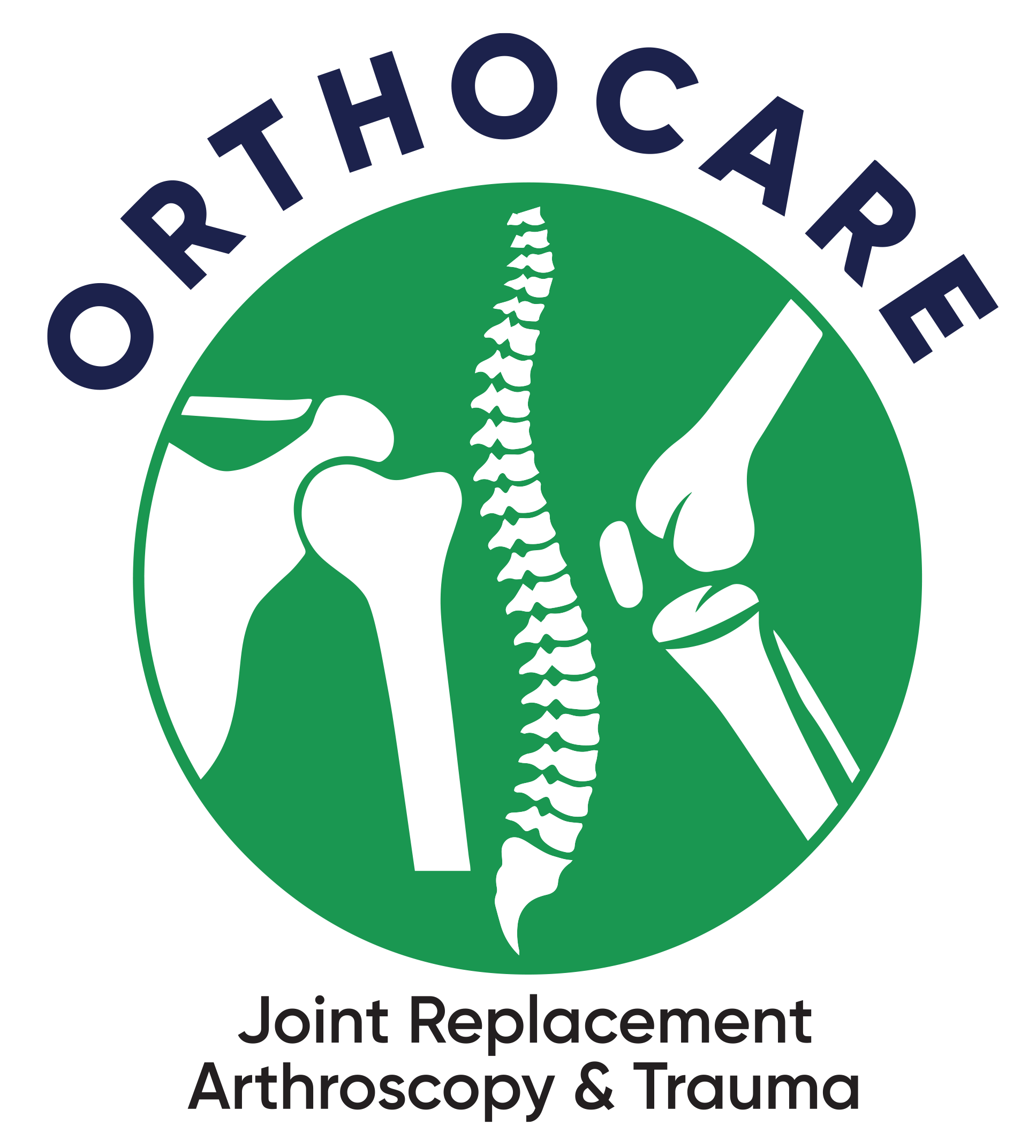Knee Arthritis: Do You Really Need Surgery? Here’s the Truth
Knee pain can be frustrating — especially when it begins to interfere with your ability to walk, climb stairs, or enjoy your daily activities. One of the most common causes of chronic knee discomfort is knee arthritis, a degenerative condition that affects the cartilage in the joint. For many patients, the idea of surgery feels inevitable. But here’s the important truth: not all cases of knee arthritis require surgical intervention.
At ORTHOCARE CENTER, our primary goal is to empower patients with the right knowledge and treatment strategies. While surgery has its place in managing advanced arthritis, there are several conservative options available — especially in the early and moderate stages.If you’re searching for the best orthopedic surgeon in Rajajinagar or best orthopedic surgeon in Jayanagar…, understanding your treatment choices is crucial before jumping to conclusions.
.

What Is Knee Arthritis?
Knee arthritis is a condition where the cartilage that cushions your knee joint gradually wears down. This leads to pain, stiffness, swelling, and decreased mobility. The most common type is osteoarthritis, a wear-and-tear form of arthritis that primarily affects older adults, athletes, and individuals with a history of joint injuries.
Common Symptoms of Knee Arthritis
Before considering surgery, it’s essential to understand what stage your arthritis is in. Some of the most noticeable symptoms include:
- Persistent knee pain, especially after activity
- Swelling around the joint
- A feeling of stiffness, particularly in the morning
- Clicking, grinding, or popping sensations
- Difficulty bending or straightening the knee
- Pain that worsens during weather changes
If these symptoms begin to affect your daily life, it’s time to consult a specialist.
Diagnosis and Evaluation
At ORTHOCARE CENTER, our team evaluates knee arthritis through a combination of:
- Detailed physical examination
- X-rays to check for joint space narrowing and bone spurs
- MRI scans in complex cases to assess cartilage damage and surrounding tissues
If you’re consulting experts like Dr. Chethan Nagaraj, you can expect a personalized approach to diagnosis that considers your age, activity level, severity of symptoms, and long-term goals.
Does Knee Arthritis Always Require Surgery?
The short answer: No. In many cases, knee arthritis can be managed effectively through non-surgical treatments, especially in its early stages.
Let’s explore some of the conservative options available:
1. Lifestyle Changes
Modifying certain habits can significantly reduce stress on the knee joint. These include:
- Weight loss: Reduces the load on your knees.
- Low-impact exercises: Swimming, cycling, or yoga can keep the joint mobile without aggravating symptoms.
- Supportive footwear: Helps with balance and knee alignment.
2. Physical Therapy
A tailored physiotherapy program strengthens the muscles around the knee and improves joint function. Stretching and strengthening exercises are critical in delaying the progression of arthritis.
3. Medications
Pain relievers like acetaminophen or NSAIDs (e.g., ibuprofen) can reduce inflammation and relieve pain. Topical creams or gels can also provide localized relief without systemic side effects.
4. Injections
- Corticosteroid injections: Reduce inflammation and provide temporary pain relief.
- Viscosupplementation (hyaluronic acid injections): Helps lubricate the knee joint and may delay surgery.
- PRP Therapy (Platelet-Rich Plasma): Uses your own platelets to promote healing in early arthritis.
5. Knee Braces and Orthotics
Custom braces offload stress from the affected area of the knee. Shoe inserts and orthotics can also improve alignment and balance.
When Does Surgery Become Necessary?
If pain persists despite conservative treatment, or if the joint damage is severe, surgery might be recommended. Two common surgical options include:
Arthroscopic Surgery
This minimally invasive procedure is used for:
- Debriding damaged cartilage
- Removing loose fragments
- Smoothing joint surfaces
While arthroscopy isn’t suitable for every arthritic case, it can be a game-changer in early-stage arthritis or in cases involving a meniscus tear or ligament damage. If you’re looking for the best orthopedic surgeon in Jayanagar or Rajajinagar, make sure your specialist is experienced in joint preservation techniques.
Total Knee Replacement
Reserved for advanced arthritis where the joint is severely damaged. The procedure replaces the damaged joint with a prosthetic one. Recovery is longer but can result in dramatic improvements in quality of life.
Why Choosing the Right Surgeon Matters
The success of knee treatment — whether surgical or non-surgical — depends largely on the expertise of the orthopedic specialist. At ORTHOCARE CENTER, Dr. Chethan Nagaraj is known for offering a patient-centric approach, focusing on minimally invasive solutions and joint preservation techniques whenever possible.
Final Thoughts: What Could Be Going On?
Not all knee pain requires surgery. Many patients with arthritis find substantial relief through non-surgical interventions. The key lies in accurate diagnosis, a customized treatment plan, and continuous monitoring.
If your symptoms are increasing or interfering with your life, don’t delay a consultation. Whether you’re in search of the Best knee surgeon in Rajajinagar or the Best orthopaedic surgeon in Jayanagar, trust centers like ORTHOCARE CENTER that focus on holistic, step-wise treatment rather than jumping directly to surgery.
Take the First Step Toward Pain-Free Mobility
Let your treatment plan reflect your goals and lifestyle. With expert orthopedic care and a focus on preserving your joint health, you can get back to doing what you love — without necessarily going under the knife.
For appointments or more information, visit ORTHOCARE CENTER and explore your best options for knee arthritis treatment today.

